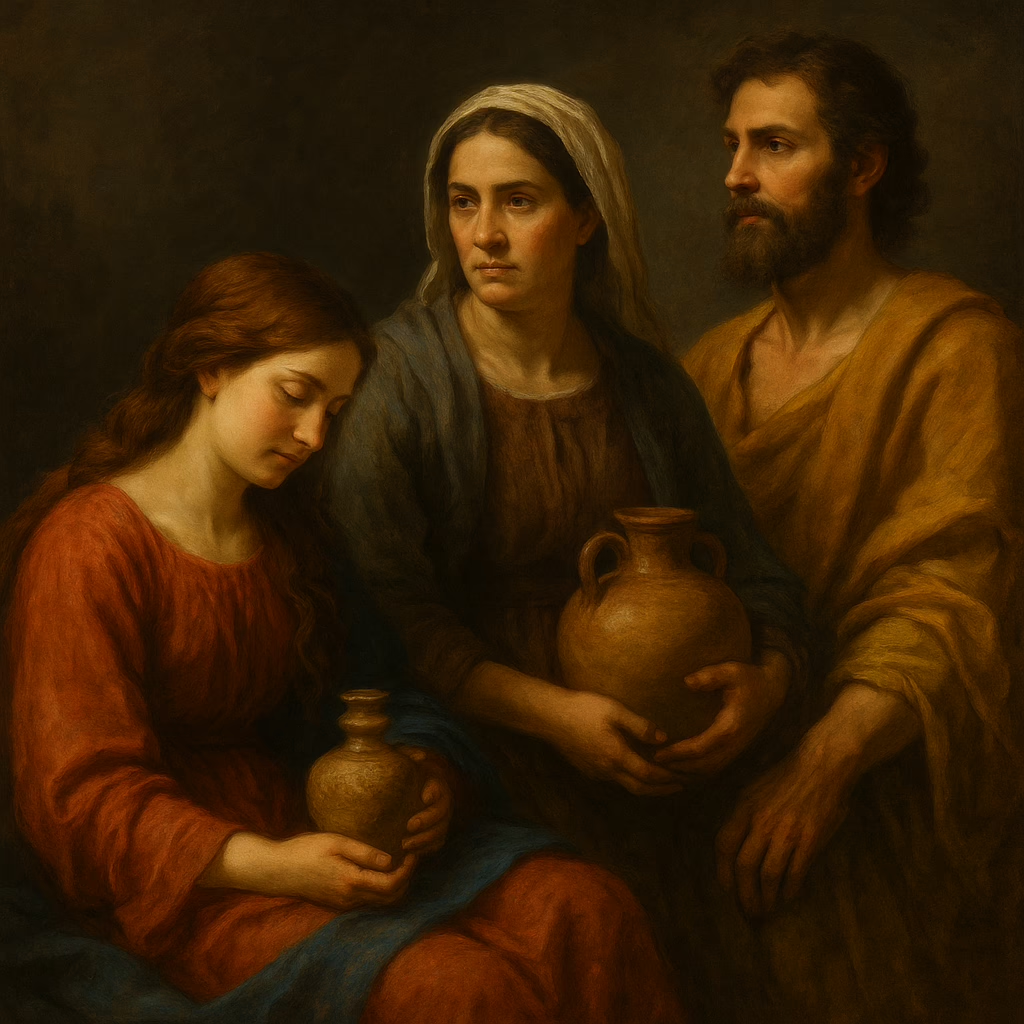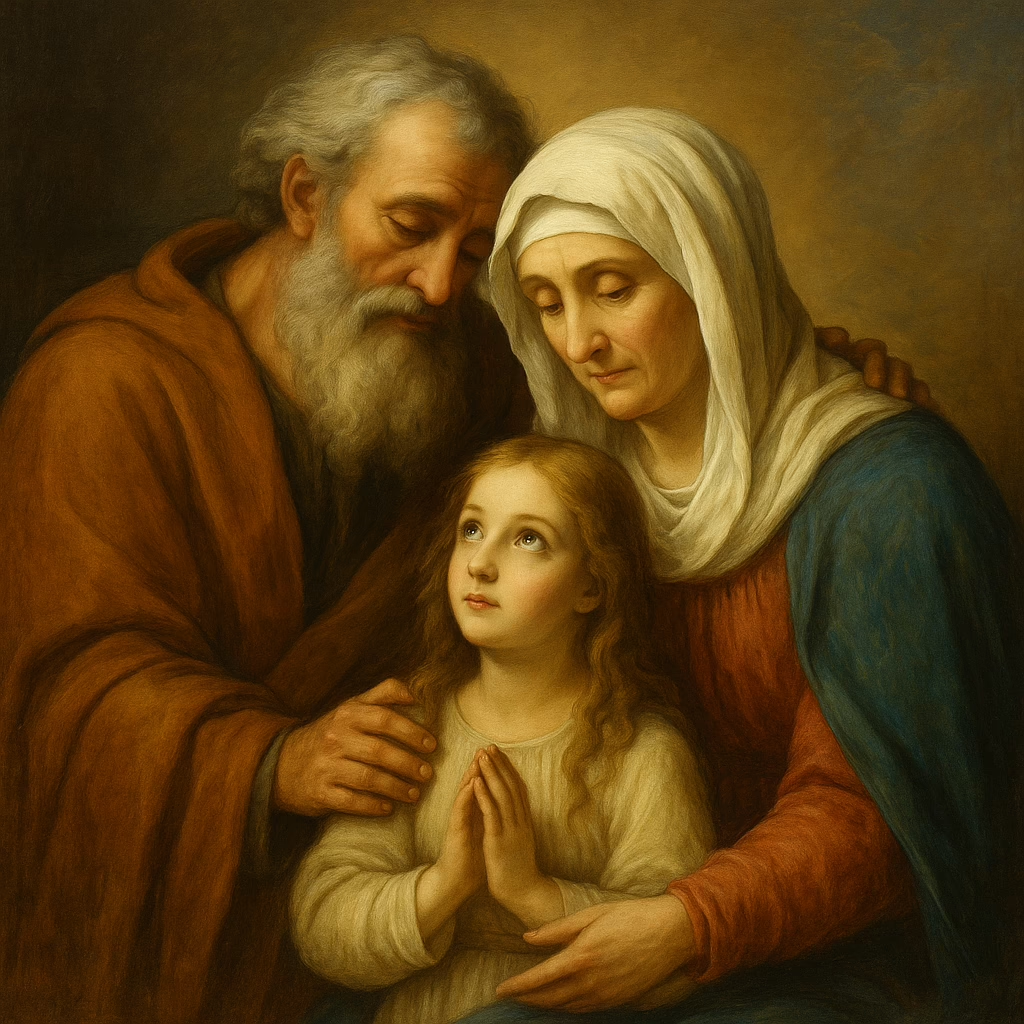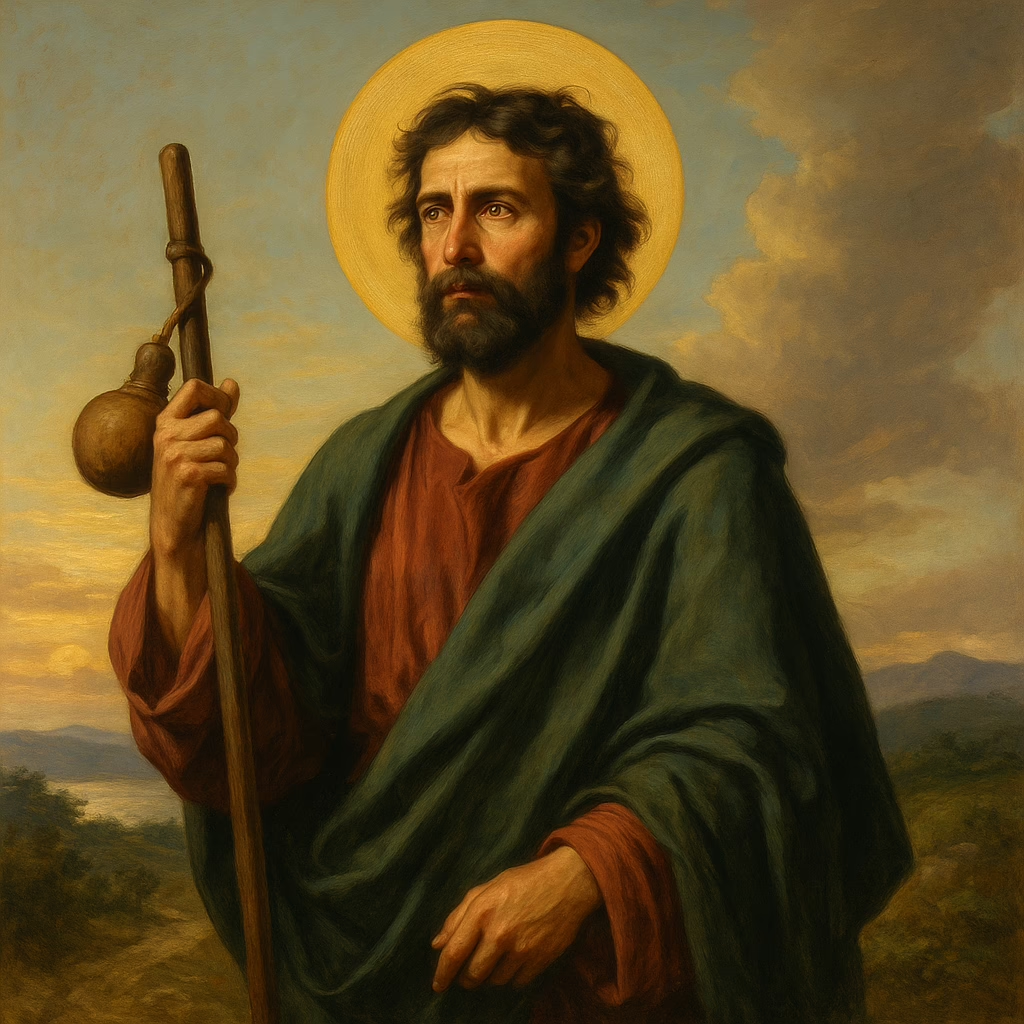The Miraculous Life of St. Anthony of Padua: Priest and Doctor of the Church
Introduction: Embracing the Legacy of St. Anthony
"A Christian's life is not a comfort, but a struggle," St. Anthony of Padua observed, a statement that epitomizes his journey of faith and service. St. Anthony, one of the most venerated saints in the Catholic Church, profoundly impacted the spiritual landscape with his preaching, miracles, and teachings. Known widely as St. Anthony of Padua, he holds a special place in Catholic devotion and remains a model of humility and charity. This post explores his extraordinary life, delving into his preaching career, posthumous miracles, and enduring teachings.
1. Life and Early Vocation of St. Anthony
1.1 Early Years and Background
St. Anthony's story begins on August 15, 1195, in Lisbon, Portugal, where he was born Fernando Martins de Bulhões into a wealthy noble family. Although surrounded by opulence, his heart sought a different path, one marked by spiritual depth and dedication to God. This transition from a wealthy youth to a humble friar underscores his early desire for a life of service over worldly comforts.
1.2 Joining the Religious Life
At age 15, Anthony joined the Canons Regular at the Abbey of St. Vincent, initiating his lifelong devotion to prayer and scripture study. Yet, a greater calling lingered, leading him to the Franciscan Order—a move that transformed his mission and broadened his reach. As he embraced the Franciscan lifestyle, Anthony's spirituality deepened, and he embarked on his path as a passionate preacher.
2. The Preaching Career of St. Anthony
2.1 Early Preaching and Influence
Commissioned to preach in Lombardy, Italy, St. Anthony's sermons attracted people from all walks of life with their eloquence and depth. Known for his ability to communicate profound truths simply, his preaching resonated particularly with common folk. Encouraged by St. Francis of Assisi himself, Anthony's ministry flourished, bolstering the Franciscan mission of bringing the Gospel to every corner of the world.
2.2 Compassionate Outreach to the Marginalized
Anthony's sermons were not confined to churches. He brought the message of hope to the marginalized—sailors, fishermen, and the poor. His compassion, coupled with his humility, cemented his reputation as an advocate for the voiceless. Reflecting Christ's love, he served the sick with care and compassion, embodying the Christian call to service.
3. Miracles and Canonization
3.1 Posthumous Miracles
The miracles attributed to St. Anthony after his death manifest his intercessory power. From healings to the recovery of lost items, these miracles continue to draw pilgrims to his tomb. Such divine interventions enhanced his popular devotion, culminating in his canonization just a year after his passing.
3.2 Canonization and Recognition
Pope Gregory IX fast-tracked Anthony's canonization in 1232, a testament to his legacy and continued intercession. Later, Pope Pius XII honored him with the title "Doctor of the Church" in 1946, recognizing his theological contribution to Catholic doctrine and teachings.
4. Teachings and Spiritual Lessons
4.1 Key Virtues of St. Anthony
St. Anthony's teachings, centered on humility, compassion, and the efficacious preaching of the Gospel, serve as a beacon for believers. He remains a model of virtue, demonstrating how humility enhances our spiritual journey. By following his example, we learn to serve others selflessly, embodying the Gospel in our daily lives.
4.2 Challenges in Embracing His Teachings
Emulating St. Anthony's example is not without challenges. Balancing worldly action with divine contemplation requires conscious effort. Yet, these struggles present opportunities for deeper devotion as we seek St. Anthony's intercession in both trivial and poignant moments of life.
5. Prayers and Devotional Practices
5.1 Traditional Prayers
Traditional prayers to St. Anthony, especially for lost items, showcase his role in everyday spirituality. Devotional practices, both traditional and modern, foster a personal connection with St. Anthony, enhancing one's spiritual journey. Such practices remain critical in cultivating a meaningful relationship with the saints.
5.2 Observance of Feast Day
St. Anthony's feast day on June 13 is a celebration of his life and legacy, observed with special enthusiasm in Padua and the Philippines. These cultural observations reflect the global appreciation of his intercession and teachings.
Conclusion: The Lasting Legacy of St. Anthony of Padua
In reviewing St. Anthony's life, we witness a legacy of unwavering faith, profound humility, and relentless service to God and neighbor. His life inspires believers to deepen their devotion, perpetuating his message of love and humility in our modern world.
As we follow St. Anthony on this journey of faith, remember his legacy as a testament to the power of humility, service, and divine love—a beacon that continues to guide countless believers towards a closer walk with Christ.





